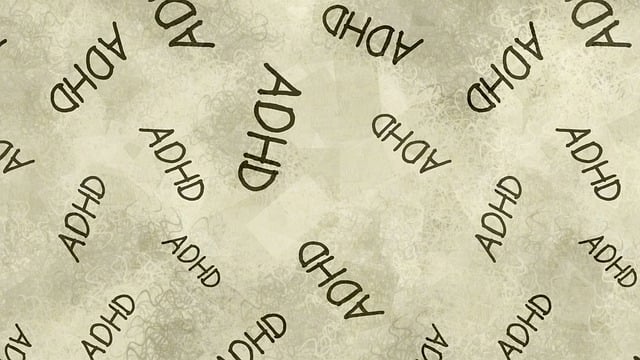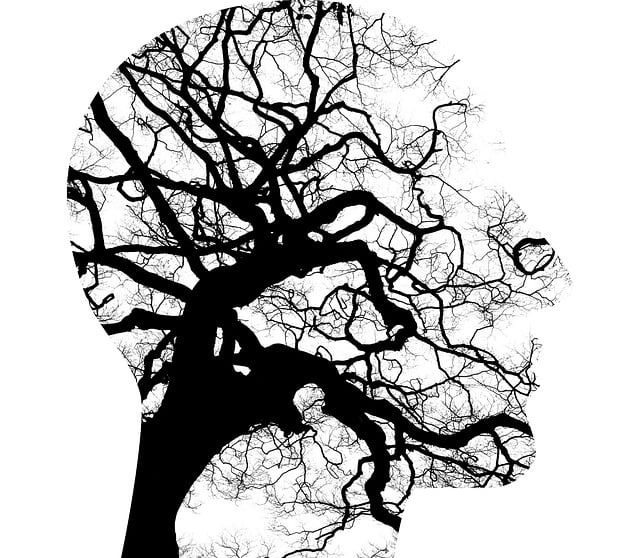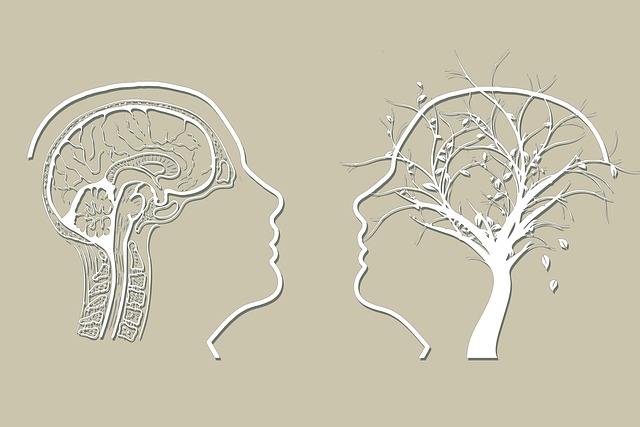Louisville child abuse therapy focuses on developing coping skills to build resilience in traumatized children. This multi-faceted approach includes safe spaces, stress reduction methods, community engagement, and healthcare provider cultural competency. Through specialized therapy, kids learn healthy emotional expression, self-care routines, and mental wellness coaching, leading to long-lasting improvements in their overall mental health. Parenting resources offer practical tools for supporting a child's healing process, encouraging open conversations and fostering trust. Coping skill development is crucial for adaptability, stress management, and trauma recovery, promoting personalized self-care routines for enhanced resilience and improved quality of life.
Coping skills development is a crucial aspect of building resilience in children, especially those who have experienced trauma or abuse. This article explores various facets of coping strategies, focusing on the benefits of Louisville Child Abuse Therapy and its impact on emotional well-being. We delve into understanding coping skills, identifying effective strategies, practical tools for parents, and the long-term benefits of fostering adaptability. By exploring these topics, we aim to empower parents and caregivers with knowledge to support children’s therapy journeys.
- Understanding Coping Skills: Building Resilience in Children
- The Impact of Louisville Child Abuse Therapy on Emotional Well-being
- Identifying Effective Coping Strategies for Trauma Recovery
- Practical Tools for Parents: Supporting Kids through Therapy
- Fostering Adaptability and Strength: Long-term Benefits of Coping Skill Development
Understanding Coping Skills: Building Resilience in Children

Coping skills are essential tools for building resilience in children, especially those who have experienced traumatic events such as Louisville child abuse therapy cases. Understanding coping mechanisms means equipping kids with strategies to navigate stress and adversity. By teaching them healthy ways to express emotions, manage anxiety, and make sense of their experiences, we empower them to bounce back from difficult situations.
Effective coping skills development involves a multi-faceted approach. This includes providing safe spaces for children to share their feelings, integrating stress reduction methods into daily routines, and even involving the community through public awareness campaigns development. Healthcare provider cultural competency training is crucial in this context, ensuring professionals can offer tailored support that respects diverse backgrounds and experiences. Through these efforts, we foster an environment that promotes healing and strengthens the coping abilities of children facing challenges.
The Impact of Louisville Child Abuse Therapy on Emotional Well-being

Louisville Child Abuse Therapy plays a pivotal role in fostering emotional well-being among children who have experienced abuse or trauma. This specialized therapy provides a safe and supportive environment, enabling young individuals to process their emotions, understand their experiences, and develop healthy coping mechanisms. Through evidence-based approaches tailored to each child’s unique needs, therapists help build resilience by teaching them to recognize and manage their feelings effectively.
One of the key outcomes is the promotion of self-care routine development for better mental health. Children learn to prioritize their emotional well-being by adopting strategies that enhance their sense of security and control. Additionally, Louisville Child Abuse Therapy often incorporates mental wellness coaching programs designed to empower kids with the skills necessary to navigate challenges, maintain stability, and cultivate a positive outlook on life. These programs contribute to long-lasting improvements in mental wellness, allowing children to thrive despite their past experiences.
Identifying Effective Coping Strategies for Trauma Recovery

Trauma recovery is a complex process, and identifying effective coping strategies is paramount for individuals who have experienced child abuse, especially when seeking Louisville child abuse therapy. Professional support from mental health experts plays a pivotal role in this journey. These specialists can guide survivors towards understanding their unique triggers and developing personalized coping mechanisms. One approach involves teaching self-soothing techniques, such as mindfulness practices or creative outlets, which promote relaxation and emotional regulation.
Additionally, the Stress Management Workshops Organization emphasizes the importance of cultivating healthy habits like regular exercise, adequate sleep, and balanced nutrition. These foundational practices, coupled with cultural sensitivity in mental healthcare, ensure that survivors’ experiences are validated and their recovery paths are tailored to their individual needs. Incorporating self-care practices into daily routines empowers individuals to take charge of their healing process and fosters resilience in navigating the challenges ahead.
Practical Tools for Parents: Supporting Kids through Therapy

Parenting a child who has experienced Louisville child abuse therapy can be challenging, but there are practical tools to support their journey toward healing and mental wellness. One effective strategy is integrating empathy-building strategies into daily routines. By teaching children that their emotions matter and encouraging open conversations, parents can foster trust and create a safe space for expression. This not only enhances communication but also strengthens the parent-child bond, which is vital for recovery.
Additionally, burnout prevention techniques can be implemented to ensure both the child’s and parent’s well-being. Incorporating mental wellness coaching programs into family life provides structured activities focused on stress reduction, resilience building, and emotional regulation. These programs offer practical ways to navigate difficult emotions and promote healthy coping mechanisms, ultimately contributing to a more harmonious home environment post Louisville child abuse therapy.
Fostering Adaptability and Strength: Long-term Benefits of Coping Skill Development

Coping skill development is a cornerstone of fostering adaptability and strength, particularly in individuals who have experienced challenges like Louisville child abuse therapy. By learning effective coping mechanisms, individuals can better navigate life’s stresses and traumas, leading to improved mental health outcomes in the long term. This process involves cultivating resilience, a key component of trauma support services, which enables people to bounce back from difficult situations.
Self-care routine development for better mental health is another significant benefit. Through coping skill acquisition, individuals can create personalized strategies that promote self-soothing and emotional regulation. This proactive approach to mental wellness prepares them to manage crises more effectively, as crisis intervention guidance often emphasizes the importance of having healthy coping mechanisms in place. Ultimately, these skills empower individuals to take charge of their well-being, leading to enhanced overall resilience and a higher quality of life.
Coping skills development is a vital aspect of fostering resilience in children, especially those who have experienced trauma. As highlighted by the Louisville Child Abuse Therapy programs, early intervention and supportive environments play crucial roles in enhancing emotional well-being. By identifying effective coping strategies and implementing practical tools, parents can significantly contribute to their child’s recovery and long-term adaptability. Understanding and nurturing these skills ensure that children grow into resilient adults capable of navigating life’s challenges.














